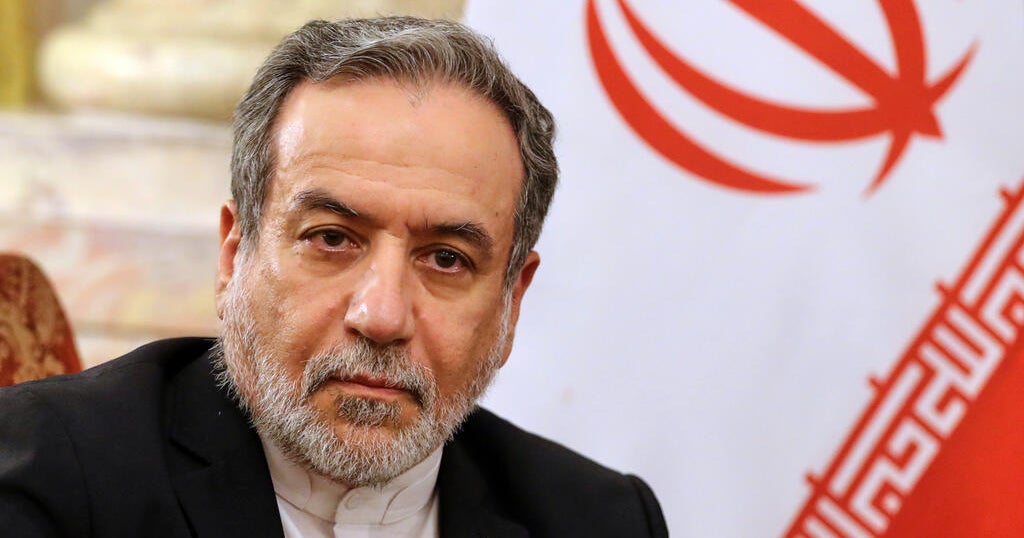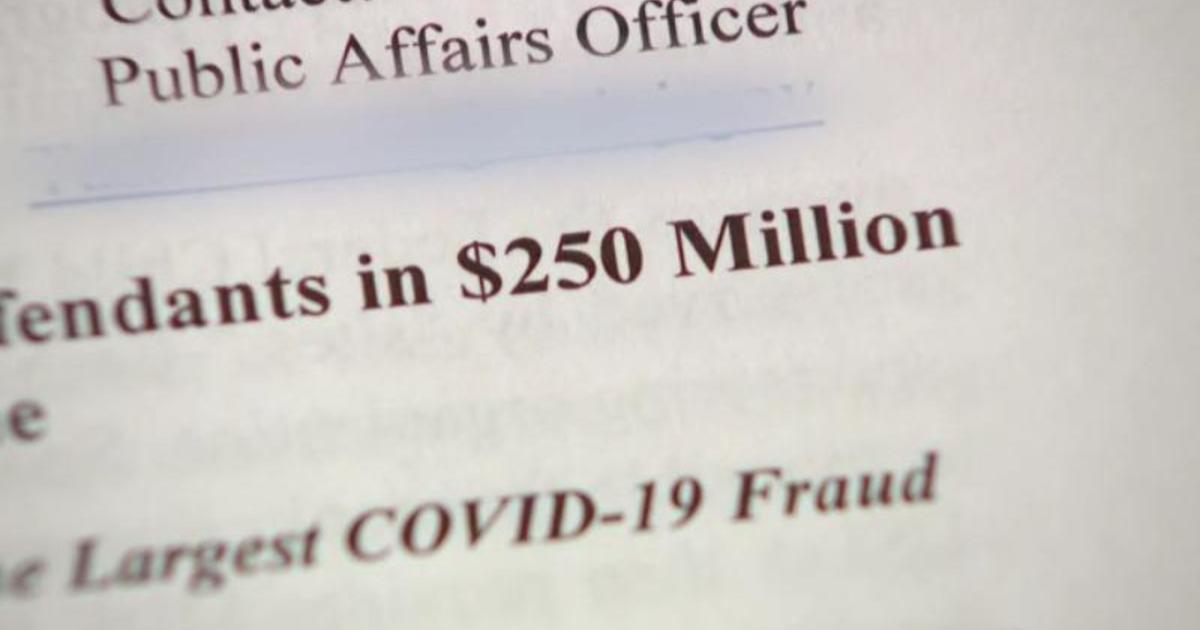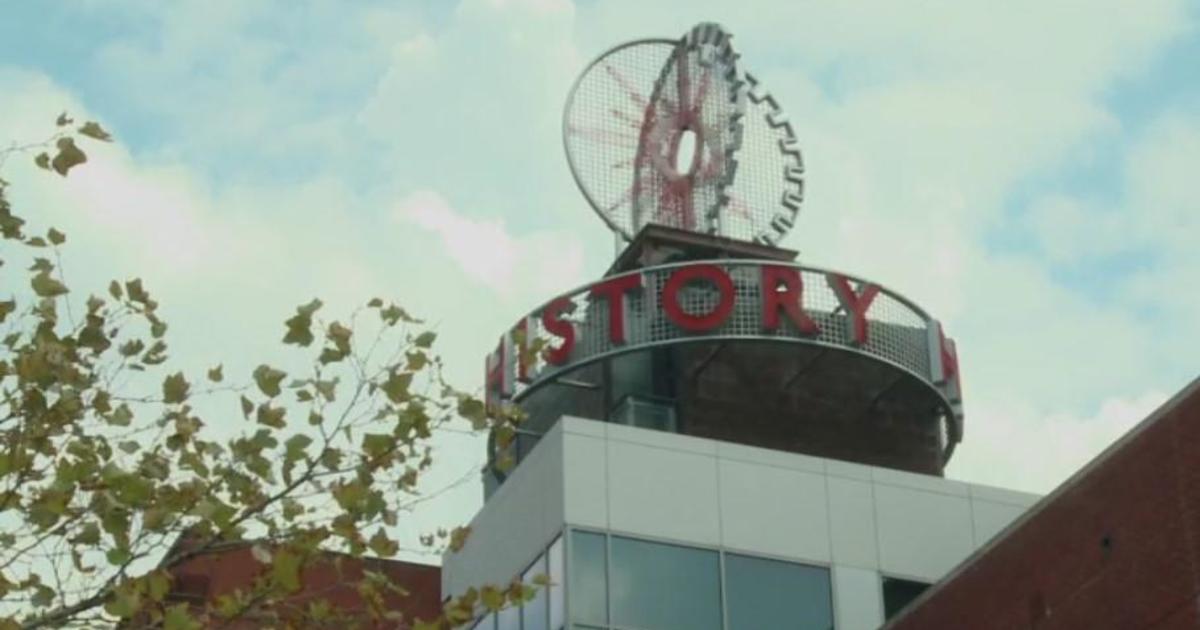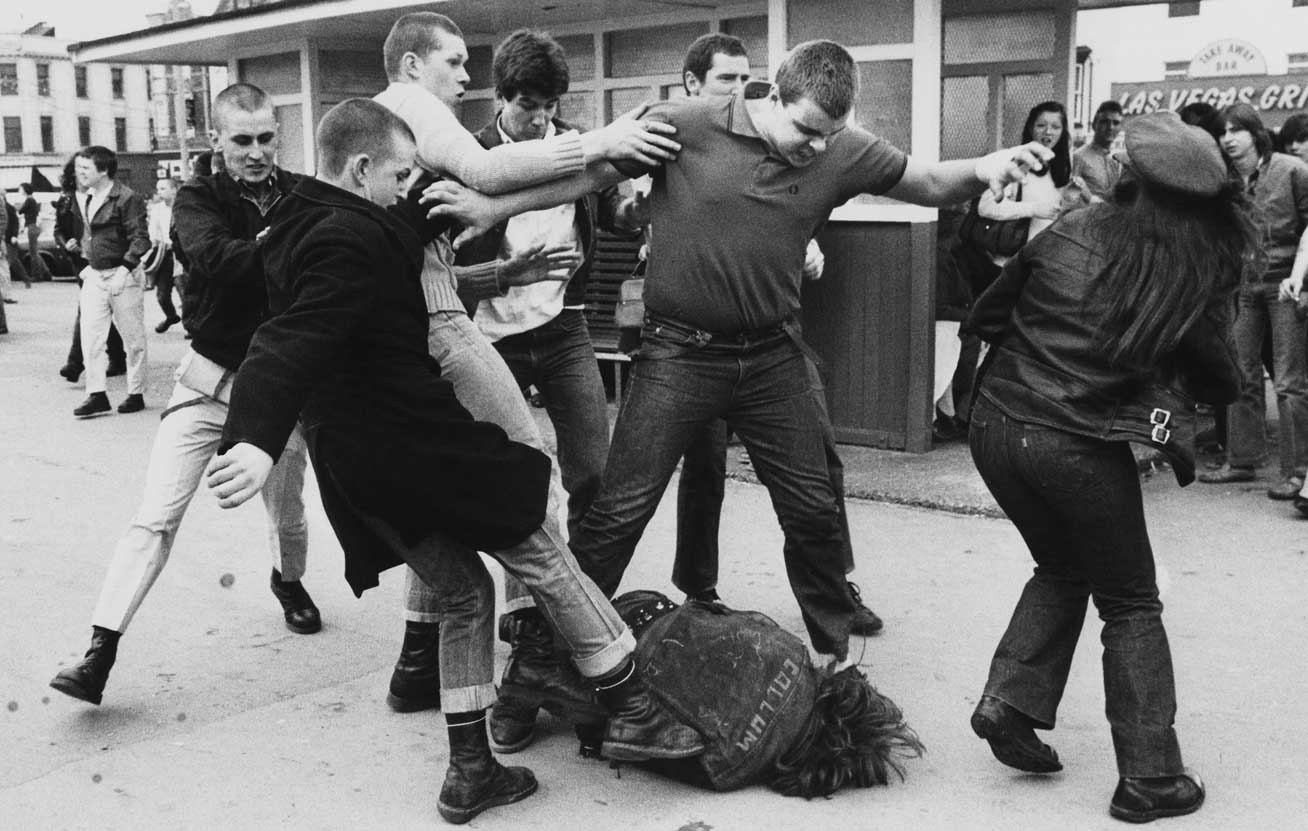Transcript: KinderCare CEO Tom Wyatt on "Face the Nation," July 12, 2020
The following is a transcript of an interview with KinderCare CEO Tom Wyatt that aired Sunday, July 12, 2020, on "Face the Nation."
MARGARET BRENNAN: We go now to Tom Wyatt, the CEO of Kindercare, a company that operates about 1,500 childcare and early childhood education facilities in 40 states. He joins us from Seattle, Washington. Good morning to you.
KINDERCARE CEO TOM WYATT: Good morning, MARGARET.
MARGARET BRENNAN: I want to ask you about some of the lessons you've learned, but just right off the bat, I see that there have been reports of clusters of COVID cases in some childcare centers in Charlotte, North Carolina, just this week. Out west, as well, there have been some. How does Kindercare handle outbreaks like this and how many have you seen in your facilities?
WYATT: We've seen a few. What we do- let me take you through the health and safety process. We- we keep children in one pod. We keep them in one classroom. We feel that that's very important because we don't want to have people be exposed to different people, different teachers, what have you. So we keep them in pods. And by doing so, we have two forms of, if you will, a generation or transmission's. One is if we have one case in a center, we'll close that center for 72 hours. We will disinfect it then we will reopen it. If, in fact, we have more cases than that, we will actually close a center for 14 days. We have closed, in the last three months, we've closed about 70 of our centers for 14 days and we have closed 120 of them for 72 hours. And we feel like that means that our process is working, our protocols are working, which we worked very closely with the CDC. And candidly, we are above what their requirements are because we actually feel very strongly that we're- we're taking care of the most precious asset the family has.
MARGARET BRENNAN: I'm sure every parent would agree with you on that. But specifically, what does that mean? What kind of protections are you giving your staff? Are you testing them? And if so, how regularly? And is there any data that you have that shows that kids are spreading it or not spreading it?
WYATT: We have no data to say they're spreading or not spreading it. As far as what we do, all of our teachers wear masks. All of our teachers that are in states that are offering essential workers testing. We encourage them to do so. We actually gave shields to our newborn and infant teachers because we wanted the children to actually see the expressions of their teachers because they connect that way. We do a temperature check every time a child comes to the center every single day. We also have a questionnaire for the families to fill out. We don't let families take their children back to the room. We actually have a teacher that will come from that pod to escort the child back to that that room. As I said, the children stay together. We are going to as a playground equipment, every single pod that comes in. And when the children take naps during the day, we actually position them in a way that they're actually six feet apart. So all- all in the preservation of health and safety.
MARGARET BRENNAN: So McKinsey says about twenty seven million workers, 16% of the workforce is dependent on child care in order for them to do their own jobs. But we know there are lower income workers who have front line jobs and it's difficult to afford childcare even at a facility. like you're saying, you're trying to keep open. What is the solution to this, since it is part of reopening the economy when you talk to people in Washington, are you suggesting that Congress provide subsidies to childcare? I mean, the federal government doesn't do that for early childhood education.
WYATT: Very, very good question. Let me tell you a couple of things that we are in conversations with Congress on and we feel like we'll be a part of. We hope we'll be a part of phase four when they return on the 20th of July from recess. Two things that we've asked them for is we are operating at a compromised state. State mandates have been certain number of children in a room, much less than we've had in the past. Our centers, given those mandates, can only get to 45, 50 percent of their capacity, which candidly, we don't make money at that rate. So we need to relax those over time and when it's safe to do so. So we've asked for a rebound grant fund and that fund is for the next six to nine months. We're asking for between 25 and 50 billion dollars to help us get through the additional costs of PPE, the additional costs of training. We have more labor in- more- more labor in the center than we had pre-COVID. We have a dedicated ambassador for health and safety, which is additional head count.
MARGARET BRENNAN: OK.
WYATT: And all of that with less than 50 percent of the children that we had pre-COVID.
MARGARET BRENNAN: Well, we will--
WYATT: That's one for me, but to answer your question--
MARGARET BRENNAN: Well, we actually- I'm sorry. I have to- I have to leave it there. But we will be tracking what happens with you and childcare on this program ahead. Thank you for sharing your insights, Tom Wyatt of Kindercare. We'll be back with some politics in a moment and how the virus is impacting campaign 2020 in those hot spots states.



